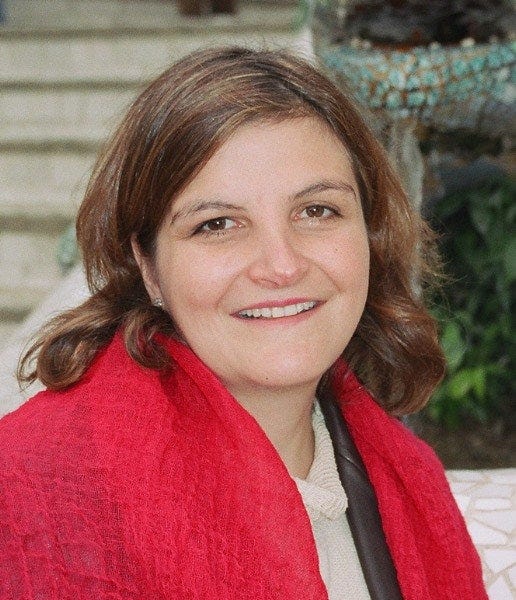New TWP CoP Publication out now!
Political Economy Analysis in Sudan: Handy Tools for Everyone?, by Beverley Jones and Daniel Oosthuizen, with Dr Abdelgalil Elmekki and Esraa Ahmed
Dear friends and fellow travellers on all things TWP,
We are delighted to let you know that, in collaboration with The Policy Practice, the Thinking and Working Politically Community of Practice has just published a paper by Beverley Jones and Daniel Oosthuizen, with Dr Abdelgalil Elmekki and Esraa Ahmed entitled Political Economy Analysis in Sudan: Handy Tools for Everyone? The paper tells a deeply personal story about how young people have used participatory PEA in Sudan from the perspective of those involved, and it makes a wonderfully unique contribution to the TWP field.
All the best,
Alina
Summary
Based on a case study of the Kullana Liltanmia (All of Us for Development) (KLP) Contextual Analysis (CA) course in Sudan, this paper tells the story of how training and capacity building in Political Economy Analysis (PEA) made a difference in the lives and experiences of those involved, including in particular young people. The paper highlights three critical lessons:
At the country level, the twists and turns of Sudan’s recent history reinforce the importance of people deepening their understanding of what is really going on, in order to make better informed (if not the best or least-worst) choices. The skills and mindset of both broad and localised PEA capacity can make a difference to people living in fragile and conflict-affected settings, where navigating complexity and uncertainty is a daily reality.
At the level of strategic programming, the potential of PEA remains under-utilised. There is considerable scope for capacity in PEA to support not only ordinary people across a range of different occupations and educational levels, but also prominent actors who may eventually play key roles in political processes, and whose choices can affect the longer-term prospects for stability and peace. This becomes even more imperative in the context of the war in Sudan, which now involves a plethora of external actors.
At the level of the experiment in the KLP CA course, this story reinforces the paramount importance of adapting and grounding PEA training in a common understanding among its intended participants, shaping it through their insights and experience. It also highlights how essential it is to nurture PEA skills and mindsets not only in stable contexts but also in challenging, more dangerous and uncertain ones. Supporting this vital capability during periods of hiatus, fast-moving transitions, and even active conflict is a public good; and it requires courage and creativity on the part of the donors, course designers, implementers and participants.
Please do share this amongst your networks, and we hope you enjoy!
Best wishes,
Alina Rocha Menocal,
Director, Thinking and Working Politically Community of Practice


